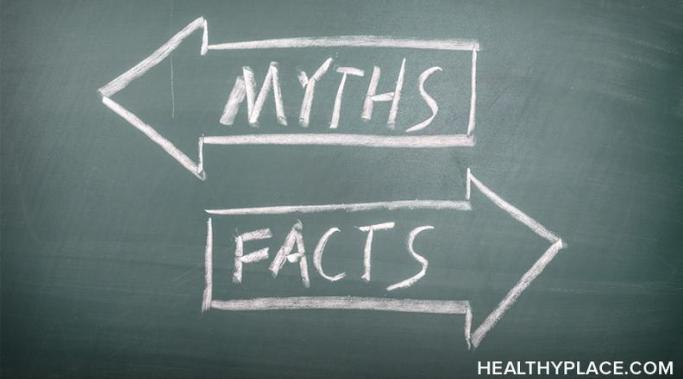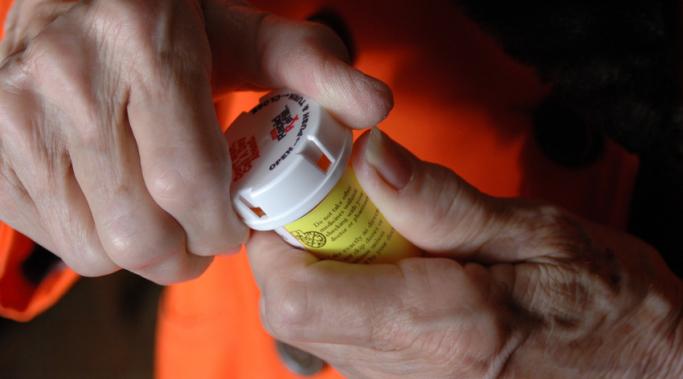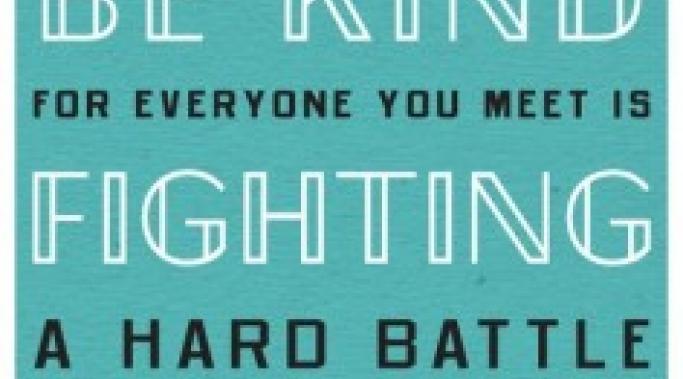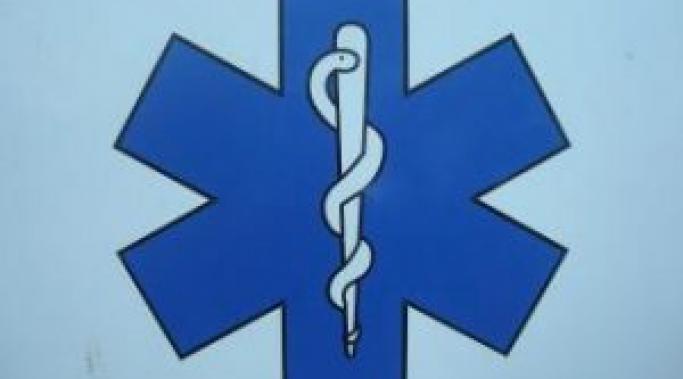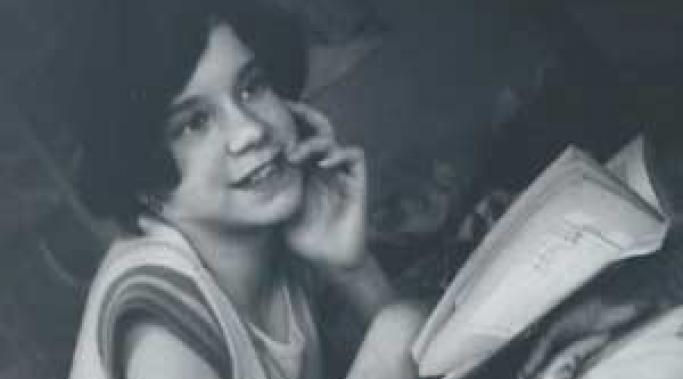Blogs
You know it and I know it: When you live with a mental illness you run into your fair share of people who assume--usually based solely on diagnosis--that we must be "crazy." In this blog, I want to focus on three of these misconceptions and, well, smash them to pieces.
“All Self-Harmers are Suicidal and Seek Attention”
That statement is, sadly, the ultimate stigma of self-harm. The media has played a small part with this stigma, portraying self-injurers as being the ones who sit quietly in the corner, cutting their arms and crying. (read: Self-Injurers and Their Common Personality Traits)
Wrong.
Sadly, this is how many people see self-harmers when, in reality, many self-harmers do not fit into a particular clique. In high school, I was a typical music geek. I was a serious ballet dancer, performed in musicals, and did Colorguard in the marching band. I laughed along with friends and pushed out a smile when teachers walked by.
However, leather bracelets covered the self-harm scars I was trying to hide and bathrooms were where I hid when I couldn’t stop the thoughts in my head from yelling at me – telling me to hurt myself. I did not feel as talented as those around me and put on a charade day after day. I was not cutting myself to kill myself every time I made a mark.
I was cutting for reasons that those around me couldn’t understand.
In psychiatric studies, generally response and remission are recorded for the effectiveness of medications. So, a certain percentage of people positively respond to medications (get somewhat better) and a smaller percentage of people go into remission (get mostly better) from medications. The definitions of “respond” and “remit” vary, but typically it’s a reduction in symptoms, as measured on a scale, to a specified degree.
In practice, this means that a medication can still be deemed “effective” even if it only moves you from a 10 to a 5 on a scale of depression.
Well, this isn’t good enough.
Is your child's psychiatric medication not working anymore? I know the feeling. For the last four months, I've noticed changes in Bob's behavior. Not for the better either. At first, I thought that his 12th birthday (and the onset of hormones) may have triggered the behavior changes. But, I realized that it was his ADHD medication and it was possibly time for a change.
Summer vacation season is fast upon us and with it visions of lazy afternoons stretched out on an oversized beach towel, savoring a hypnotic symphony of wave upon wave smashing sand in accordance with an ancient, cosmic groove, and diving headfirst into a pleasantly refreshing book.
As luck would have it, I am pleased to introduce the First Annual Funny in The Head Recommended Summer Reading List, designed exclusively for people who, when they’re all not here, are not all there.
Therapist and HealthyPlace Blogger Emily Roberts teaches the difference between acting confident and selfish and how adjust your behaviors to improve your relationship with others and your build your self-esteem.
Yesterday I was talking to a four year old about her worries. Four year old worries are very interesting if you know what I mean.
Her worries just began a month ago. And while many children who grow up in unsafe situations often get worries; her worries were introduced to her in a way worries are often introduced to safe little girls–purely by accident.
For the past few years there's been a lot of talk about how the new Diagnostic and Statistical Manual (DSM-V), the Bible of mental health diagnoses, would be changing the criteria for PTSD.
Well, on May 27th the new DSM-V was released and now we know what the changes are!
My name is Angela Elain Gambrel and I would like to welcome you to HealthyPlace and the Surviving Mental Health Stigma blog. I am: a writer, reader, and curious about this world and this journey we call life. I love books and cats and quiet times with a hot cup of herbal tea while listening to medieval chants. I am interested in people and religions and history, and read everything I can get my hands on about these subjects and more. I am passionate about helping others and the orphans of Haiti. I recently completed my master's degree in English Composition and Communication, and am now writing for a national website focused on children and cerebral palsy.
Having ADHD can be frustrating. Merely struggling with compensating for the challenges so they don’t interfere with daily functioning and learning new ways to do things can be taxing. There is a constant internal battle of symptom and strategy waging inside yourself when you are coping with ADHD. In fact, a lot about ADHD is exhausting, however, putting up with or hearing from people who misunderstand or have misconceptions about ADHD has to top the list.
